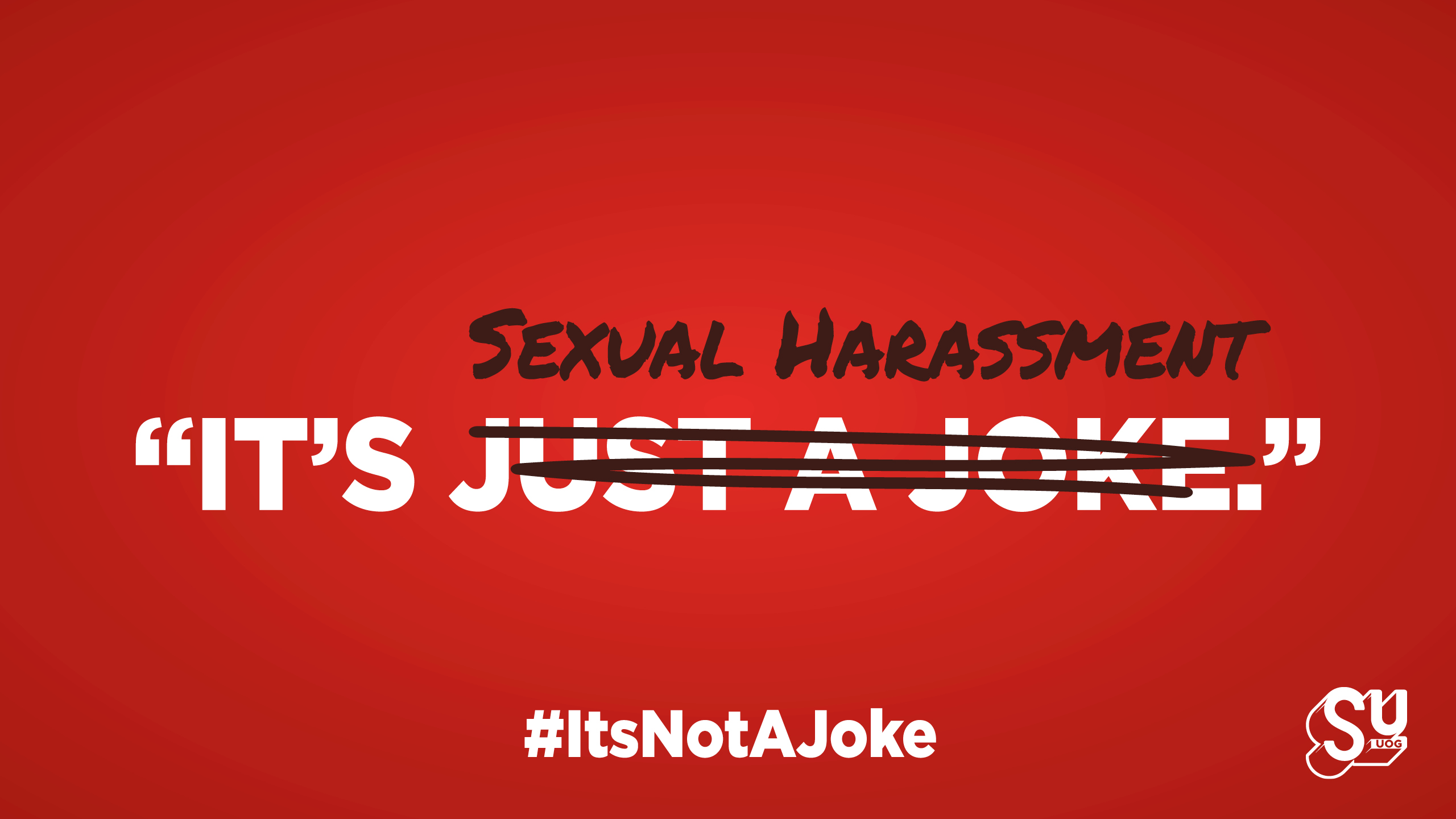By Adib Aina Noor ˜Azam
There is one target set out by the United Nations regarding gender equality which is to ˜Eliminate all forms of violence against all women and girls in the public and private spheres, including trafficking and sexual and other types of exploitation (UN Organisation).
These days, almost everyday we could see news reporting about rape or sexual harassment cases in our country. It concerns me thinking how bad women are being exploited. Perhaps people dont really think that womens exploitation is a serious matter.
Sexual harassment is an unwelcome act of a sexual nature. Sexual harassment could be verbal, non-verbal, gestural, physical or even virtual.
Some of the forms of sexual harassment are attempted rape or sexual assault, unwanted deliberate touching, sexual teasing, jokes, remarks, or questions regarding sex, cat calls, making kissing sounds, making sexual gestures with hands or through body movements and many more.
Some might think that it is a friendly joke, apparently it is not. It is a straight up disgusting behaviour.
Almost every girl I know in real life had encountered an act of sexual assault at least once, including me. The perpetrators and enablers could be someone you know, in your circle including your own family members.
Of course, men can get sexually harassed too. Sexual harassment could happen in open or public places, such as in the workplace, public transportation, restaurant, cinema or even in school.
By seeing how much sexual harassment cases arise these days, it makes me question myself, œIs it that difficult to respect other people? or œWhy can’t some people control their nafs? or œCant women live in peace?
Islam never allows any form of oppression, abuse, and violence against women.
I think by now we should have stricter laws and punishments meted regarding rape, sexual assaults and sexual harassments. In Malaysia, sexual harassment falls under the Employment Act 1955 but it has limitations.
Not all sexual harassment cases will make it to the headlines in the newspaper, but that doesn’t mean that those that didnt make it to the public eye are less serious.
Some of the more serious cases remain unreported. On top of that, people should acknowledge that young kids could also encounter sexual harassment.
If you think sexual harassment is not a serious matter, please rethink again. So now tell me, why do we still not have a Sexual Harassment Act to deal with these cases properly?
All Woman Action Society (AWAM) has been working with numerous NGOs along with the coalition Joint Action Group for Gender Equality (JAG) to draft and propose a Sexual Harassment Bill for over 20 years.
At AWAM, our attention is on victims and survivors of gender-based violence (GBV) such as rape, domestic violence and sexual harassment. Last November, AWAM has made petitions to table the sexual harassment bill to the Parliment.
The bill is really crucial for people’s safety especially women. All of the petitions are already being collected and passed to the Batu Kawan MP, Kasthuri Patto.
All religions discuss proper conduct between men and women especially for non-familial male/female (non-muhrim) interaction. The easiest step is, Islam encourage for both men and women to lower their gaze. That doesn’t mean looking at anyone of the opposite gender is not allowed, it is preferable if you could mind where you are looking at.
Whether it’s intended or not, the wrong message can be conveyed by holding a gaze for a long period of time. It is a simple act yet it could give us such a big impact.
As Muslims, we must realise that these kind of acts are awful and prohibited in Islam. There are many examples in our religion that promote good treatment towards women as well as provide guidance for men on how they should treat women accordingly.
We have to make a change. It all started from us. Gender equality goals are extremely important to all, not just women, but for both genders and to our future generations.
We cant only depend on certain organisations to make a change, we have to acknowledge what we can offer instead, which is in the way we treat people. We should try to understand the true meaning of equality in terms of equality of opportunity, treatment, status and freedom of choice. ***
